
HEAR FROM OUR COMMUNITY
CHAPTER
BLOG
Do you have a passion for writing? As of 2024, the CRBA Writers Team has officially been established within the Communications Team to help capture countless climate efforts and stories experienced by our chapter members and local community. If you’re interested in joining a team that can provide guidance for easy contributions, please contact Keith, Writers Team Lead.
Did you know the SF Bay Area is emerging as ground zero for a sustainable fashion revolution? This post explores six regional trends — from eco-conscious values to tech innovations — shaping this movement and providing all the ingredients that can make the SF Bay Area a hub for an eco-business revolution that, with scalable models, offers viable alternatives to today’s fast fashion industry and the harms it inflicts on the planet and workers. Keep reading to see which piece of the puzzle you fit into and how you can support and amplify this uniquely “made in the SF Bay Area” fashion revolution.
Marin County is stepping up its commitment to climate action with a newly launched Electrification Roadmap — a community-powered initiative designed to phase out natural gas and accelerate building electrification.
The roadmap outlines ten key steps to optimize alignment and reduce unnecessary red tape. This plan is a call to action for taking a more comprehensive approach to the elimination of carbon fuels and the transition to a fully electric future, cutting emissions, improving public health and unlocking energy savings for all residents.
Learn just how comprehensive Marin County’s Roadmap is, how it will roll out, and ways to get on the electrification bandwagon, whether you live in Marin County or elsewhere in the SF Bay Area.
None of San Francisco’s political scandals, past or present, match the depth of its racial and environmental injustice toward the Bayview Hunters Point community. In Toxic City, released in 2024, UC Santa Cruz Sociology Professor Lindsey Dillon explores the city’s decades-long betrayal of this predominantly Black neighborhood. Dillon presents the environmental racism there as part of a broader history of harm, including decades-long struggles to fight against environmental injustice, as linked to the legacies of slavery.
In this post CRBA Writers Team contributor Keith Nickolaus shares reflections on four very different books exploring the climate crisis. From Greta Thunberg’s urgent call to action in The Climate Book, to a new book on slow-growth economics titled Slow Down that claims a growing audience around the world, and including the highly regarded Doughnut Economics as well as Siddhartha Kara’s harrowing exposé titled Cobalt Red, we hope these reflections lead readers to new titles for their climate activism bookshelf and inspire deeper conversations and reflections on the roots of the climate crisis and the scope of our collective approaches to combat it.
In this episode, Everyday Climate Champion Podcast co-hosts Dalya Massachi, Sean Mendelson, and Ellisa Feinstein reflect on what they’ve learned in their many conversations with community members here in the San Francisco Bay Area. They explore what has been most memorable for them and what drives them to do this work to create a “homegrown supplement to the mainstream climate news.” We also hear from some of our listeners, sharing what they find most inspiring and educational – and how the podcast helps them discover new ways they can take climate action in their own communities.
In our rapidly industrializing world, plastics have become an inescapable part of daily life. Yet, the convenience of plastics comes at a devastating cost to our planet. From polluting oceans and altering landscapes to threatening wildlife and their habitats, plastic waste is leaving a permanent mark on the Earth's ecosystems. This post provides an eye-opening, panoramic view of the scope of the impact plastic waste has on our planet, but it also reveals some of the many innovative solutions that offer hope and underscores the critical need for a global plastics treaty that will broaden and deepen international efforts to limit the relentless production of plastic and protect our world for future generations.
This blog post explores the Bay Area's leadership in electrification across transportation and building sectors, highlighting both the benefits and challenges of this transition. Learn about the broader benefits of electrification beyond environmental gains and discover some of the less talked about challenges and downsides.
The Bay Area's beautiful landscapes are under threat from climate change-induced wildfires. These fires, which have grown more intense due to rising temperatures and drying forests, pose severe risks to our environment and health. While human activities are responsible for starting 90% of wildfires, climate change has heightened their intensity and scale. As weather patterns change, rising temperatures, and drying forests have made wildfires a disastrous outcome of climate change…
In recent years, California's persistent battle with water scarcity has intensified, particularly impacting the iconic Bay Area. With dwindling rainfall, escalating drought conditions, and the looming specter of wildfires, the region's water woes have reached a critical juncture, necessitating immediate attention and collective action from its residents. In this post we explore new water conservation measures in California enacted with passage of the Making Conservation a California Way of Life law on July 3, 2024.
.
California's environmental advocates have achieved a monumental victory! Big Oil has withdrawn its attempt to overturn Senate Bill 1137, clearing the way for the bill’s implementation. SB 1137 safeguards neighborhoods from toxic drilling and was a major target of the oil industry, making recent events a victory for coalition building and the fight for climate justice, for reducing fossil fuel extraction, and for putting the interests of public health before corporate greed. And, with big oil polluting the environment and tainting state politics for decades, is this week’s victory just one more battle of a long war, or does it herald big oil’s fading dominance?
EV adoptions in the Bay Area far outpace the national average. Now a recent study by researchers at UC Berkeley suggests electric vehicles are having a positive impact on CO2 levels. This blog post examines the study's results and highlights implications for larger efforts to combat global warming.
In this episode, we talked with licensed clinical social worker Jennifer Silverstein about the ways her first-hand experiences coping with climate change-fueled fires have created anxiety for her and her young daughter. With a therapist’s perspective, Jennifer discusses her own experiences with climate anxiety as a parent, her recent research on the topic, and explains some of the steps parents and others can take to deal with the growing problem of climate anxiety impacting families today.
From city tree-planting master plans, to large-scale community volunteer initiatives, shadier parks and cooler, greener urban schoolyards, fast-growing public investment is fueling urban forestry initiatives in our own backyards. Whether you're a seasoned environmental advocate or a newcomer eager to make a difference, the opportunities for involvement are abundant.
In this episode, we begin to explore the impact of the climate crisis on Native peoples with Navajo tribal member Shaandiin Cedar. In addition to delving into the intricacies of climate justice, today’s guest reveals why Indigenous wisdom can help all of us address our climate crisis.
After advocating in favor of a clean energy solution for nearly five years, Climate Reality Bay Area SF Policy Co-Chair Dave Rhody recounts how he “took of the gloves” in his battle with the Golden Gate Bridge and Transportation Board. The author’s experience spotlights the power of disciplined, well-informed, and persistent advocacy, and the impact CRBA members have in local struggles to combat climate change.
Recently, California passed an important climate education bill, AB 285. So it’s a perfect time to learn from Angela Werner, a 3rd grade teacher at McDowell Elementary School in Petaluma, about her work on the frontlines of climate education. This podcast episode highlights how outdoor, hands-on learning can prepare young students to be future leaders in tackling climate issues. It's an inspiring call for more schools to embrace nature-based education.
In addition to reducing plastic waste on a personal level, California residents are coming together to fight for passage of reusable foodware ordinances. Today’s guest, Kwok Chan, co-chair of Climate Reality Bay Area’s Alameda County Policy Squad, explains how Oakland is working to become the next city to do just that. Mr. Chan discusses key provisions of the ordinance, explains why it’s so badly needed, and shares his own personal story behind why he’s so passionate about volunteering around this issue.
Featuring the Land of Opportunity and running through Dec. 16th, 2023, the Transcending Physicality: The Essence of Place at the SFAC gallery is a must-see for climate advocates.
In this special episode, Everyday Climate Champions celebrates its first-year anniversary with you, dear listeners. Executive Producer Dalya Massachi talks with the entire production team to celebrate the podcast’s rapid growth and success. Listeners meet the team, get a peek behind the scenes, and learn what inspires these “everyday” folks.
In this episode, we talk to Ravinder Sehgal, Board Member of the San Francisco Veg Society and biology professor at San Francisco State University. We learn about why and how eating more plant-based food can decrease our negative impact on the climate. We discuss deforestation, greenhouse gas emissions, misuse of energy, land and water, and more. Ravinder also shares easy, everyday tips and recommendations for how to adopt a more Earth-friendly diet.
In this 15-minute episode, we hear from songwriter Pete Kronowitt of the Face the Music Collective and Music Declares Emergency U.S. We also listen to excerpts of three engaging climate activist songs he is associated with. (Hint: prepare to rock!) He’s organizing a campaign for one of the songs, “I Wanna be Cool,” to be released in late 2023. Pete aims to have a large number of kids sing the chorus and simultaneously make a commitment to take at least one effective climate action.
In this episode, we talk to three inspiring young people involved in the Farm 2 Cafeteria program in Watsonville, CA: a partnership between Esperanza Community Farms and Pajaro Valley High School. We learn about how they work on both climate justice and local food systems issues in their rural community. You’ll also find out how YOU can get started addressing these issues in your own area – maybe even at your local school.
In this episode, we delve into the inspiring journey of the Black Church in its pursuit of environmental justice. Joined by Reverend Dr. Ambrose Carroll, co-founder of Green The Church, we explore the role the Black Church plays in driving positive change by bridging faith and sustainability. Prepare to be motivated as we discover the Black Church's unwavering commitment to creating a more equitable and environmentally friendly future.
While we know that talking about the climate crisis can lead to action, it can be a tough topic to bring up with family and friends. We get tips from Anu Ramamurty, founder of Kat Kid Adventure, an organization educating young children about the climate. We also hear from Marcia Pugsley, a retired clinical social worker and grandmother who is also involved. Learn how to have fun, meaningful climate conversations with the children and adults in your life. This is a special double-length podcast episode (to celebrate Earth Month).
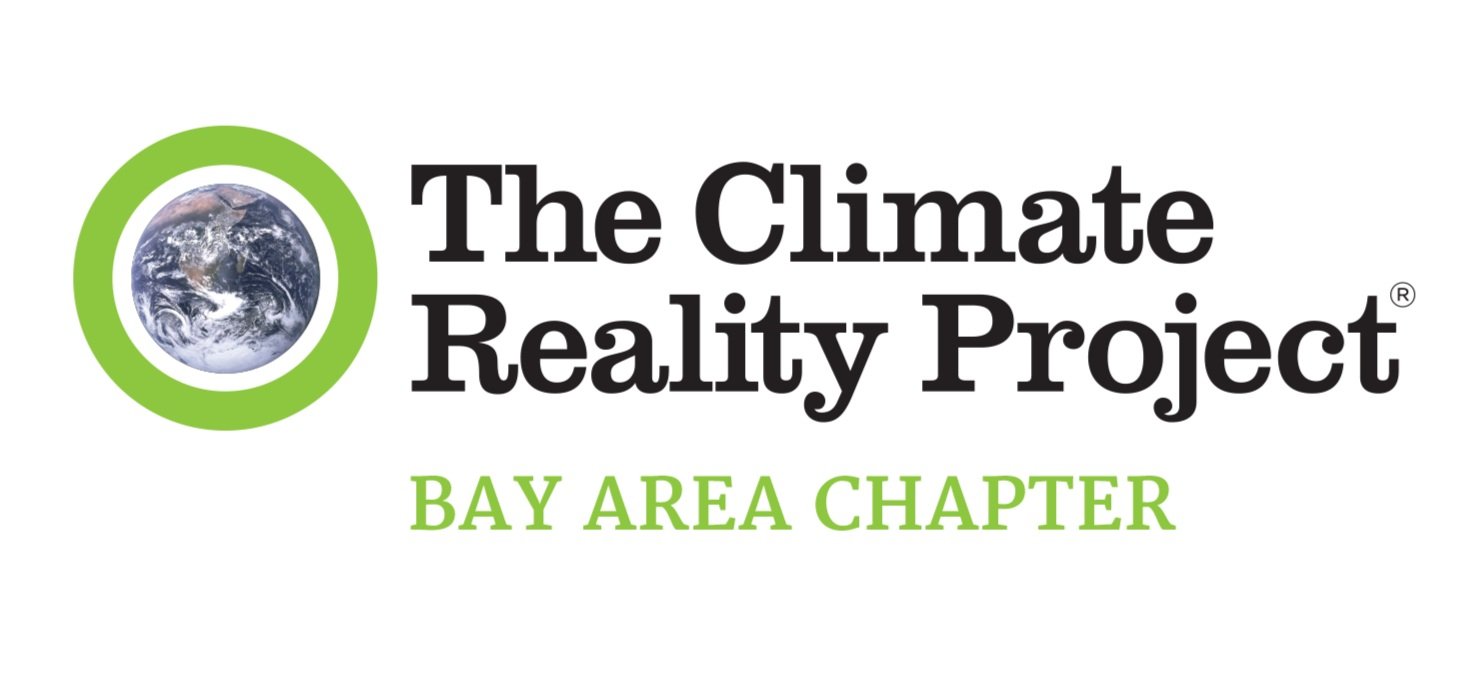



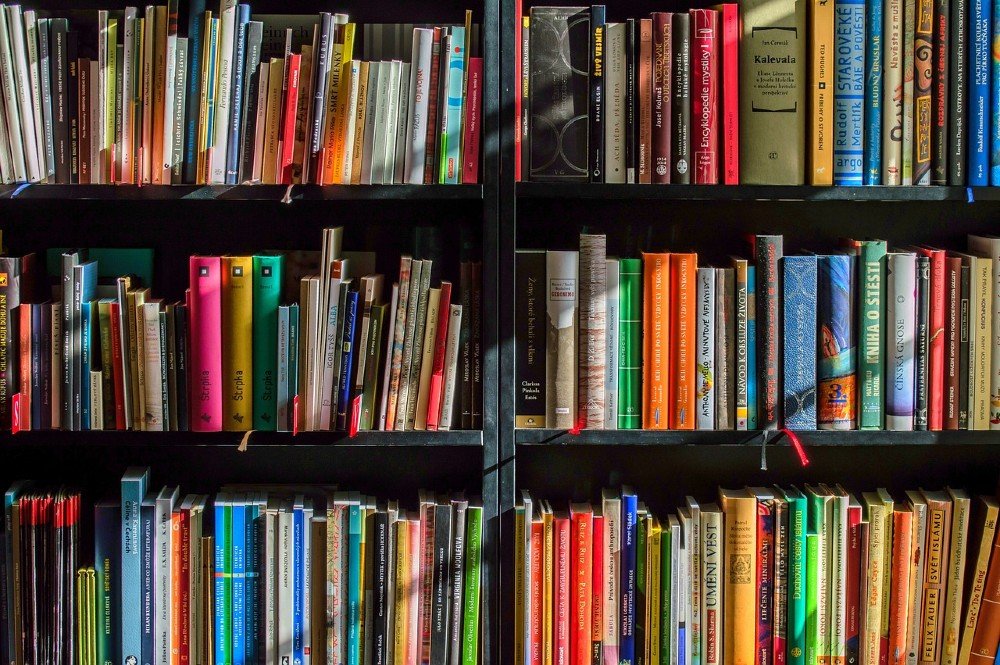









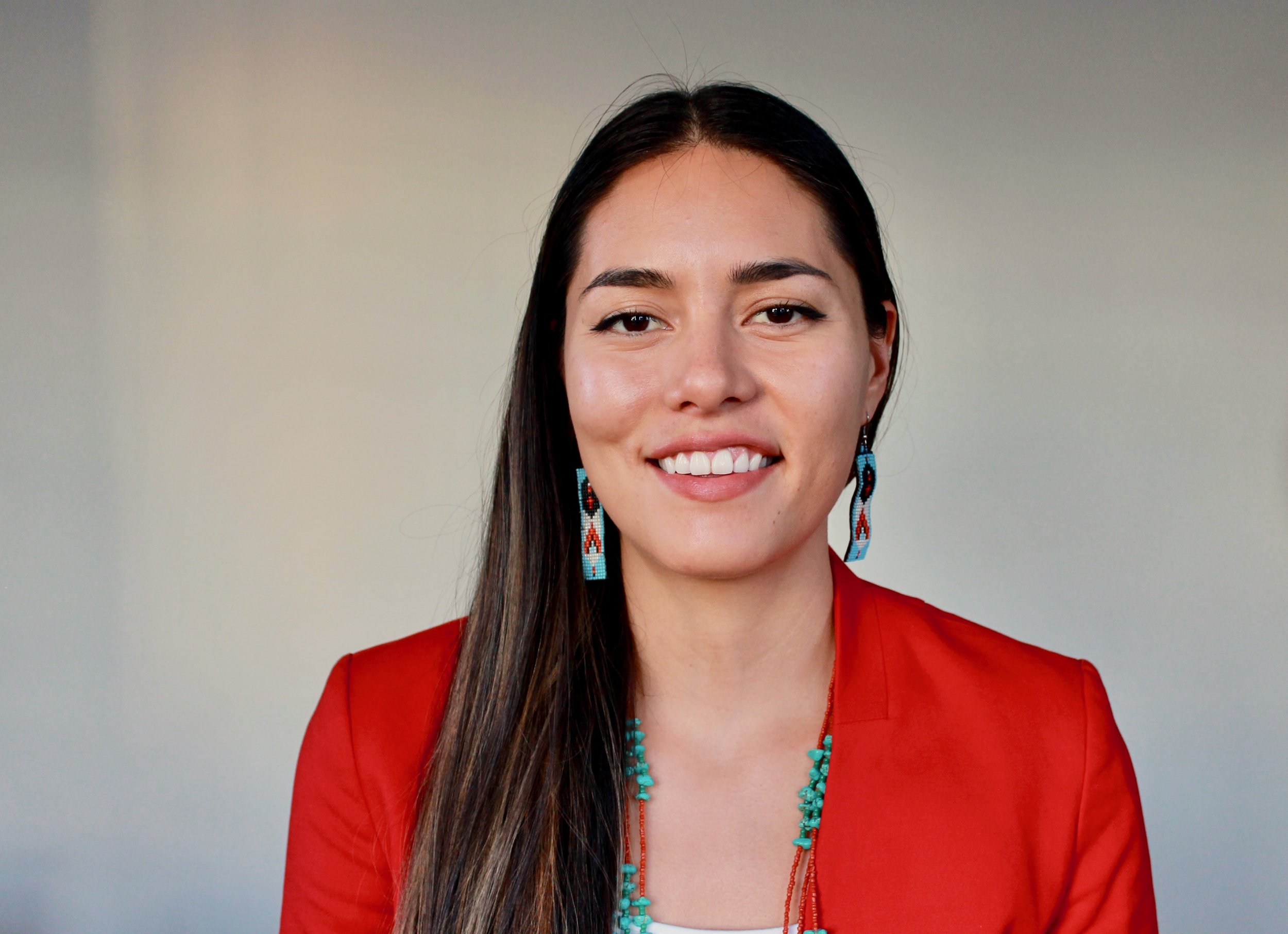

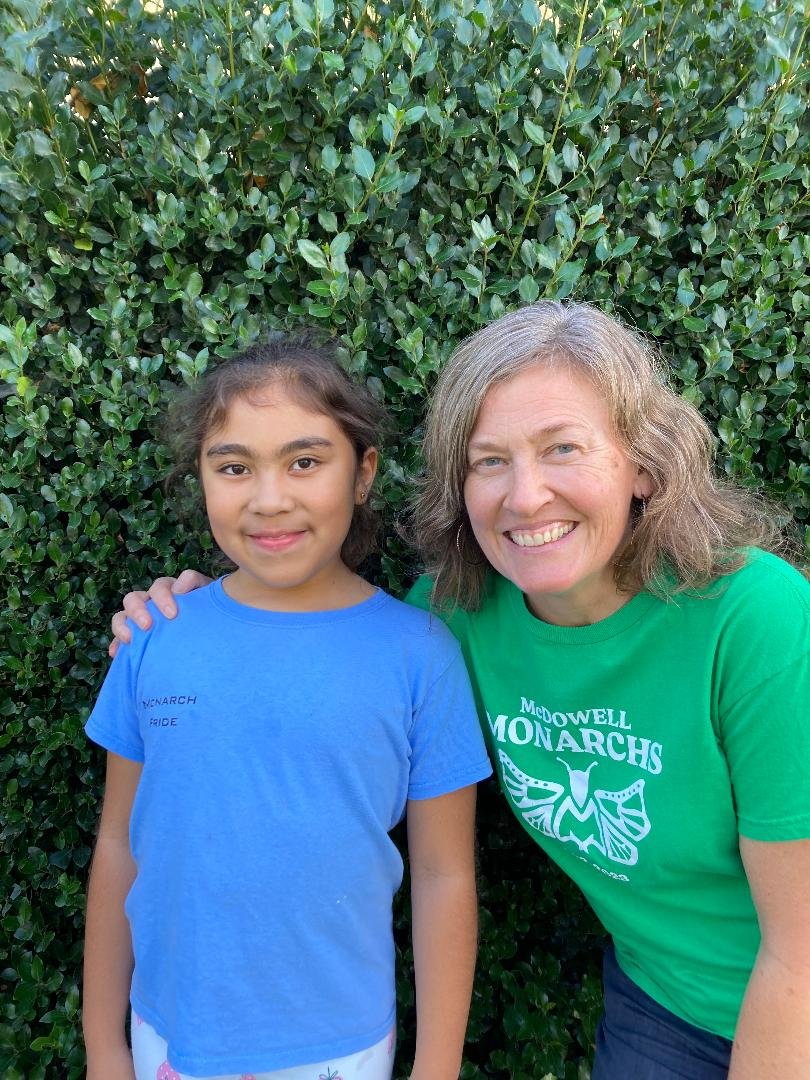
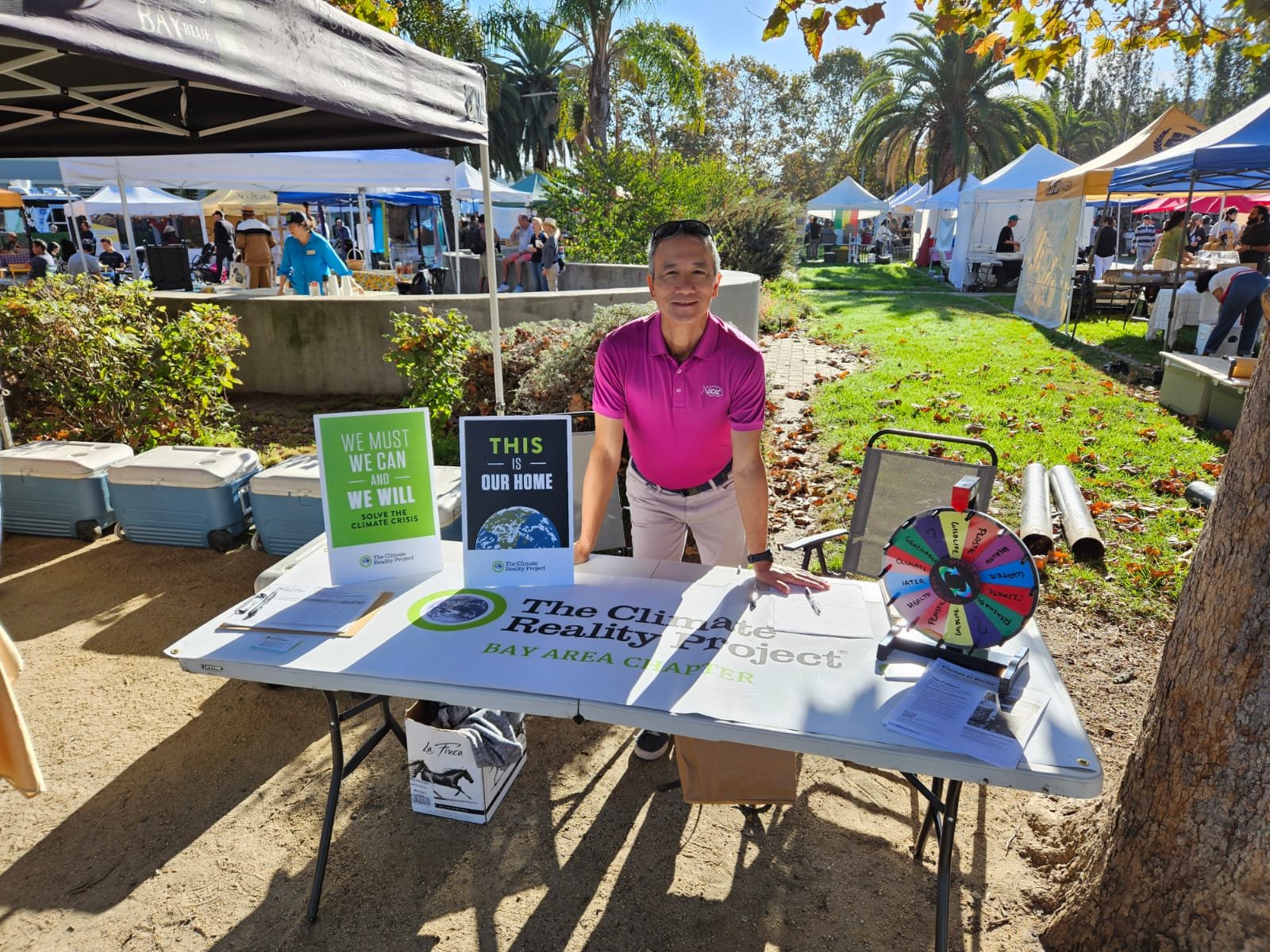





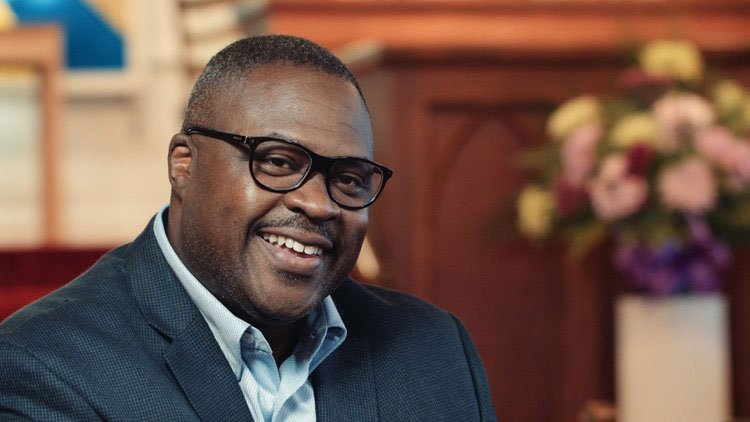

Under the Trump administration, funds for building electrification incentives are disappearing, so this is a great time to learn more about California electrification goals and what incentives are out there.